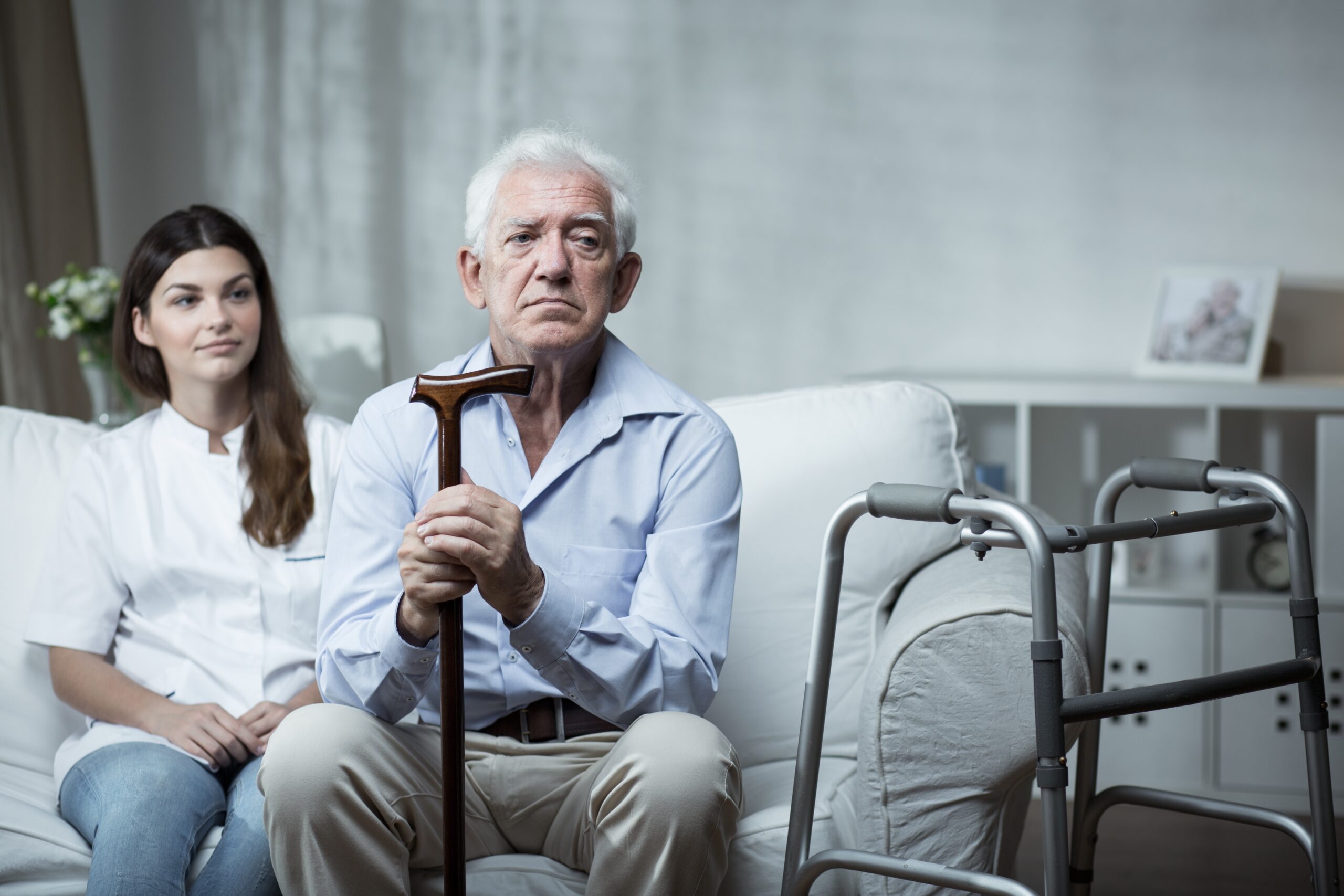Common Signs of Neglect and Abuse in Nursing Homes

Nursing homes play a significant role in helping people who cannot help themselves to live longer. Today, there are over 691 licensed nursing homes in Florida with over 80,000 beds according to the Agency for Health Care Administration. It is the nursing facilities’ staff duty to ensure that all residents in those facilities get the proper care and attention they need.
Negligence at nursing facilities happens when patients do not receive proper medical care and attention that they require, such as help with mobility, eating, and basic hygiene. Here are some of the common signs of neglect and abuse at nursing facilities.
Unsanitary living conditions
The law requires nursing facilities to provide residents with clean and safe living conditions. Failure to do so indicates negligence on the part of the facility’s staff. According to federal law, all nursing facilities must establish and implement an infection control program created to offer a sanitary, safe, and comfortable environment for residents.
Ensure your elderly loved one has clean beddings and clothing. Also, you should check the bathroom areas and kitchen. Make sure they are all clean. Improper hygiene and unsafe environment could result in illnesses and endanger the residents of the nursing home.
Poor personal hygiene
Provision of basic personal hygiene for residents should be the most fundamental role of nurses and the staff at nursing homes. These residents may need help with brushing their teeth, combing hair, bathing, clipping their nails, and other services.
Sometimes, a nursing home may be understaffed. This compromises the quality of their services. When the facility has few nurses, the residents at the facility suffer the most. Also, in case of proper staffing, the nurses should have the primary health care knowledge to provide appropriate hygiene to residents. Most nursing homes in the US have problems with staffing and lack of routine hygiene care for residents.
Physical issues associated with poor nutrition
Nutrition is key to better health and immunity in patients with lifetime infections. Unfortunately, most residents of nursing homes suffer malnutrition and dehydration because of neglect by healthcare providers.
In most cases, patients with depression and difficulty in eating need specialized care to keep their nutrition in check. Inadequate staffing in nursing homes makes it difficult for residents to receive individualized and specialized care that can keep them healthy.
Immobility (lack of mobility)
Most residents of nursing homes may have issues with movement. Most nursing homes have walking programs in place that help residents to remain active by doing some partial physical exercise. Physical exercise can help residents to gain strength and stay fit.
If nurses and other staff at a nursing home neglect a resident, he or she may be left on the bed for long. The resident then becomes immobile completely. The patient may also develop other infections and bedsores.
Unexplained injuries
It is common for residents at nursing homes to resort to doing things alone once they do not receive the attention they need. When the staff at nursing homes allows residents with mobility issues to walk around unassisted, they are in danger of injuring themselves. This, in most cases, will result in injuries like bruises and broken bones, which may cause permanent disability.
Wrap up
If you have a loved one at a nursing home, then it is vital to be aware of the warning signs of negligence so that you protect them. Contact a nursing home abuse attorney and file a negligence case if you feel like the nursing facility is not providing the best care you need.




















